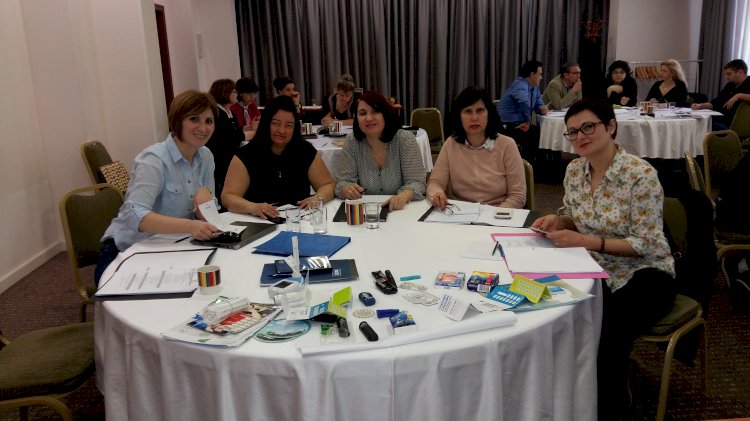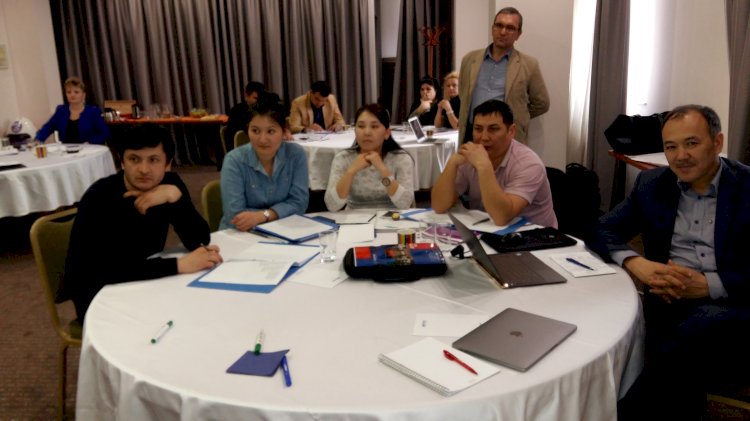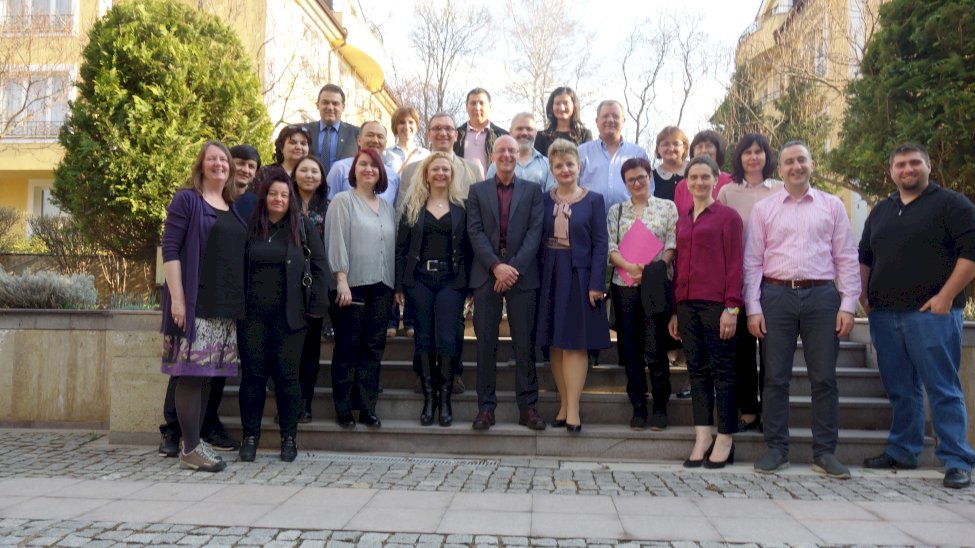Teaching the teachers of primary healthcare professionals to treat tobacco dependence in four eastern European countries - Romania, Bulgaria, North Macedonia and the Kyrgyz Republic.
The International Primary Care Respiratory Group (IPCRG) has just reported the results of a two-year education project; supported by a grant from Global Bridges/ Pfizer Independent Learning & Change. The project goal is to develop a sustainable network of teachers who will increase the capacity of healthcare professionals working in primary care to treat tobacco dependence in four countries: Romania, Bulgaria, North Macedonia and the Kyrgyz Republic. These four countries in the WHO European Region have high rates of smoking and experience similar challenges in the provision of evidence-based treatment for tobacco dependence.
The World Health Organization has called for smoking cessation to be integrated into primary healthcare globally. This requires primary care professionals have the capacity, opportunity and motivation to provide treatment and are able to prescribe pharmacotherapy that is affordable to patients. However, in the four participating countries, evidence shows provision of treatment and access to pharmacotherapy is low.

The IPCRGs "Teach the Teacher” programme is a capacity building programme, using an innovative cascade model of education. In Tier 1, an expert IPCRG Faculty developed the core curriculum, which combines clinical (what to teach) and educational content (how to teach in primary care). The clinical focus is a model for treating tobacco dependence called VBA (Very Brief Advice) which is an evidence-based intervention for smoking cessation. We adapted the VBA protocol (3As - Ask, Advise, Act) for in country work termed "VBA Plus”; as in some countries there is limited or no access to evidence based treatments for tobacco dependence including nicotine replacement therapy or specialist behavioural counselling.
We invited teams of four from each participating country to attend an International Master Teachers meeting over 2 days (March 2017). After which these Master Teachers, supported by IPCRG Faculty, adapt the curriculum and prepare materials for in-country programmes of education. In Tier 2 (2017/18) the Master Teachers develop a group of Primary Care Educators to teach in-country programmes. In Tier 3 (2018), the Primary Care Educators run a series of education events for primary care health professionals. We use a comprehensive model of evaluation which seeks to evidence impact across the three-tier programme.

The project has now finished and reports the following outcomes:
- There is clear evidence that a sustainable network of teachers has been developed within Romania, North Macedonia, Bulgaria and the Kyrgyz Republic. 4 Master Teachers in each country; and 117 National Teachers across four countries. A substantial body of educational material and resources have been developed and integrated with existing CME programmes.
- 985 Primary Care Professionals attended the education prorgammes across four countries. The evaluation suggests a positive response and confidence in the use of VBA in primary care. Impact evaluation is ongoing.

Conclusion: The Teach the Teacher model can cascade the VBA model fast and effectively but needs organisational/systems support to improve access to evidence-based treatments including pharmacotherapy and behavioural counselling for those most tobacco dependent.
The IPCRG continues to explore “Teach the Teacher” as model for capacity building and respiratory education in primary care. IPCRG welcomes teachers of family medicine to contact us if they want to get involved in any of our global Teach the Teacher programmes.
By Juliet McDonnell, IPCRG Education Coordinator, Siân Williams, CEO, IPCRG.
IPCRG Faculty: Dr Jaime Correia de Sousa, Dr Andy McEwen, Dr Noel Baxter, Darush Attar-Zadeh.

